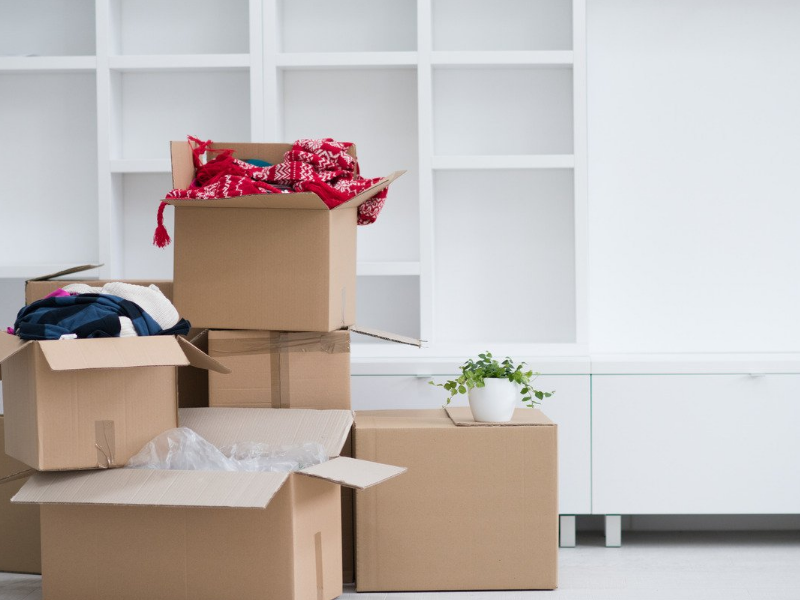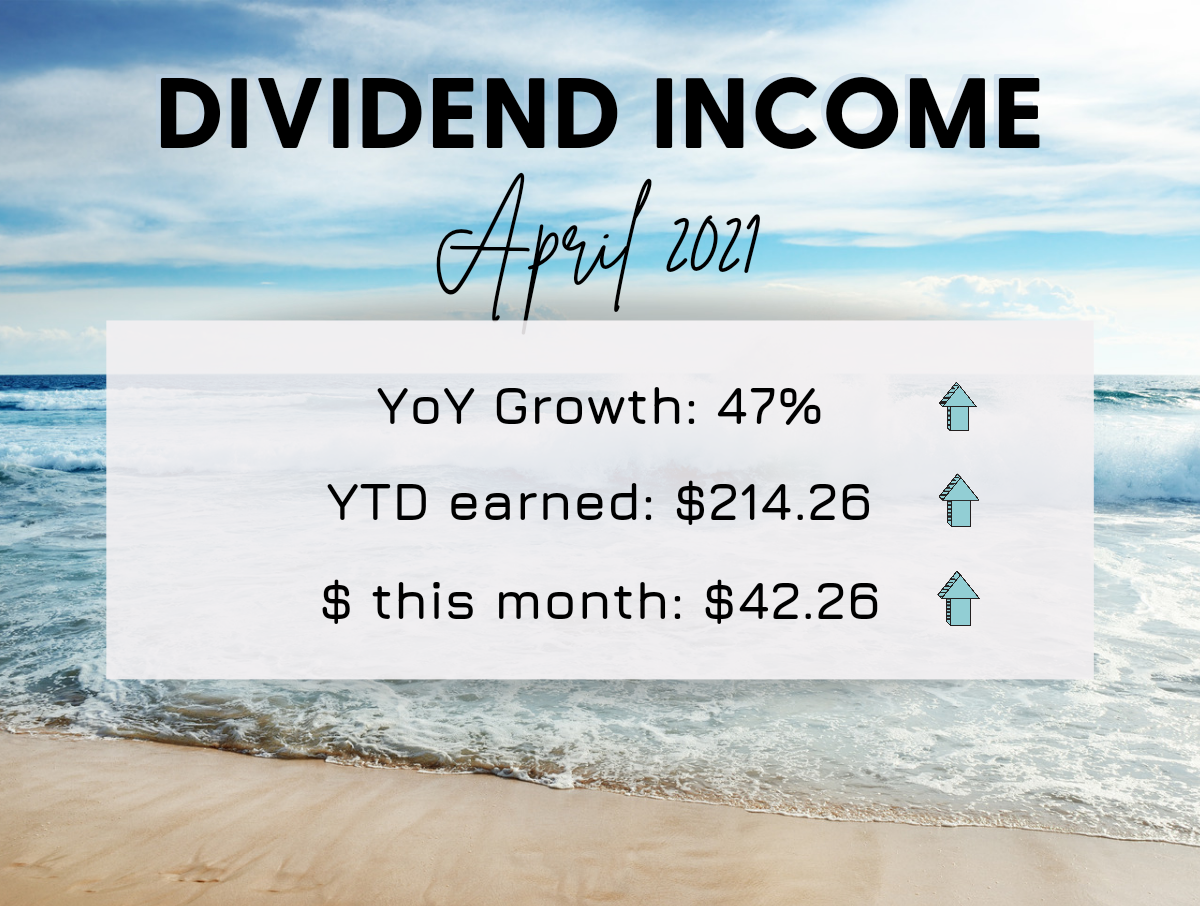How much money should I save to move out? A checklist to consider before you move out, and approximating the exact dollar amount you need to rent or buy your first home. These estimates are based on prices in the GTA in Ontario, Canada.
Moving out of your parents’ house is an important and exciting step towards becoming an adult.
On the other hand, it can be very stressful if you are not properly prepared.
After you leave the safety nest, life will never be the same again. You’ll have to do your own chores, and you will have to cook for yourself.
I’m not going to lie—life gets a lot harder.
But the upsides far outweigh the negatives, in my opinion. The self-respect and independence that comes along with moving out make it well worth it.
Of course, everyone is different. Some people prefer to live with family for as long as possible. Perhaps it’s to help out around the house or to save money for a downpayment. That’s perfectly fine if it works for you and your family.
If you are an independence seeker like me, though, you probably want to move out as soon as possible. After I went to school at 21, I never moved back in with my parents. I had to stumble along the way, but I believe I am a more independent person because of it.
In this post, I will show you what to consider if you are thinking of moving out on your own.
I will answer the question: how much money should I save to move out? And I will try to be as specific as possible.
Let’s dive into what you should consider before moving out.
How Much Money Should I Save To Move Out?

How Much Money Should I Save To Move Out? Make Sure You Are Ready First
The last thing you want to do is ruin your credit score or have to move back in with your parents after you move out.
As such, you must make sure you are ready first.
Reading to consider before you move out:
How Much Emergency Fund Should I Have?
Student Loan Debt: (11) Practical Ways To Pay It Off Quickly
Save Money On Groceries – 14 Highly Effective Ways To Reduce Grocery Costs
Prior to moving out, you should consider the following so that you are properly prepared.
Make Sure You Can Cover Your Current Bills
If you already struggle with paying your own bills while living under your parents’ roof, you probably shouldn’t move out.
Before you move out, you should be able to cover the cost of your own cell phone bill, food, and student loan debt.
Because if you can’t manage those simple bills on your own, you will likely find yourself in trouble down the road.
If are lucky enough to have the kind of parents that pay those bills for you, consider asking to start paying them yourself. This way, you can get used to paying your own bills.
You will know what it’s like before you take the plunge.
Your Debt Is Manageable
If you already have mountains of debt, you should pay it off before you move.
Unless your parents want you out immediately or you don’t have a choice, it’s going to be next to impossible to pay it off if you add more expenses.
So, take advantage of being under someone else’s roof and pay off your debt before you move.
If you don’t have a choice, make sure your debt is manageable. Create a budget to make sure you can afford it.
Your Job Is Secure
As soon as you move out, you will have the monthly cost of a mortgage or rent.
Unless you are in school, you should make sure you have a secure job first.
If you don’t have a job yet, don’t move out.
If you do have a job, get past the probation period before you move out.
The last thing you want is to hurt your credit rating or be in a situation where you have to negotiate with your landlord.
You Stick To A Budget
Before you move out, you should learn how to budget.
Then, you should practice your budget for three to six months to make sure you can stick to it.
If you can’t live within a budget, you will slowly fall behind.
This could lead to racking up debt or spending your savings.
In a worst-case scenario, you might have to move back in with your parents.
You Have A Decent Credit Score
Since your landlord will want to check your credit score as part of the application process, you should find out what your credit score is before you apply.
If you don’t have a decent credit score, you will need to move in with someone else who does, or you will need to build up your credit first.
You Have Some Basic Life Skills (Or You Plan To Learn)
Living on your own means you have to develop basic life skills.
Dinner isn’t going to be on the table when you come home, and your laundry isn’t going to do itself.
Your house won’t magically clean itself either.
So, before you move, you should learn how to cook, clean, and take care of yourself.
If you can’t afford a place with a washing machine, you will need to figure out how you will wash your clothes before you move.
Your Family Situation
Some families don’t mind if you live with them until you are in your thirties.
If that’s the case, and if you don’t mind staying there, make sure you take advantage of the opportunity.
It’s a chance to save for a down payment on a house or build up alternative income streams.
Personally, I still think it’s best to move out as soon as you can afford to.
In short, it will help you grow up into a more independent adult that has a realistic outlook on life.
It will help you realize what matters. You will be forced to drift away from childish attitudes and behaviours. You will become more assertive and develop key decision-making skills. In my experience, I find that people that live with parents longer struggle to make decisions at work and in life. Instead of thinking things through on their own, they get used to asking people who they view as above them. That’s just my personal opinion based on observation, though. It’s not always the case.
Here are a few more reasons to consider moving out:
Reasons To Move Out
- For independence
- To learn basic life skills
- To become an adult
- For dating
- To become more assertive
- To develop your own rituals, habits, and hobbies
- To give your family more space, money, and time
- To build confidence – because you rely on yourself
- To gain a more realistic view of life

How Much Money Should I Save To Move Out?
Now you know what to consider before you move out.
So, let’s attempt to answer the question: how much money should I save to move out?
Well, it really depends on the following five factors:
Enough To Pay For First And Last Month’s Rent
If you are planning to rent your first place, you will need to come up with first and last month’s rent.
To determine how much money you need for first and last month’s rent, find a place you like and multiply it by two.
So, if the rent is $1,000 per month, you need to come up with $2,000.
If you plan to live with a roommate, you only need to cover one of the months. The roommate will cover the other month.
Additionally, you may need to come up with a security deposit.
Related article: How To Save Money On Rent
Enough To Afford A Downpayment
Alternatively, if you plan to buy instead of rent, you will need to be able to afford a down payment.
Ideally, you should be putting at least 20% down to keep the cost of the mortgage low and to avoid extra insurance costs.
In addition, you will need closing costs, fees for a lawyer, and money for property taxes.
Frankly, most people cannot afford to buy their first home, unless they are getting help from parents or they lived with parents for a long time.
Once You Have An Emergency Fund
If you are moving out on your own, you should build up an emergency fund to be safe.
Most financial experts recommend that you have three to six months’ expenses saved for emergencies.
So, at the very least, I would suggest you save up three months’ worth of expenses to be prepared.
You should include the cost of rent or a mortgage in your calculation.
In the scenario that your rent costs $1,000 and the rest of your expenses cost $1,000 per month, you will need $6,000 saved up in addition to your first and last month’s rent.
If you already have an investment portfolio, you may be able to skip this step.
When You Have Money To Furnish Your Place
When I moved to my own place, I spent roughly $1,000 at Ikea to furnish it for cheap.
I had to buy a bed, couch, desk, chair, shelf, and a few other items to get started.
Depending on whether the place is furnished or not, you will need to save up money to furnish it.
If you are willing to do it for cheap, or if you are willing to consider second-hand furniture, you could spend less than $1,000.
You Have Money Saved To Afford The Move
Lastly, you will need extra money saved up to afford the move.
You might need to rent a van or hire movers if you have a lot of heavier furniture.
Also, you will need to get boxes and packing material.
In total, it might cost somewhere between $500 to $1,000 to move.
Adding It All Up
If you rent, you should have approximately $10,000 saved up before you move. This will cover first and last month’s rent, an emergency fund, furniture, and moving expenses.
Alternatively, if you are planning to buy, you probably need at least $100,000 to $150,000, depending on the area.
That way, you can put a 20% down payment on a place that costs $500,000 to $600,000, and you will have some extra money left to cover the other expenses.

How Much Money Should I Save To Move Out? – Final Thoughts
Once you are finished school and you have obtained a professional career, I think it’s best to move out as soon as possible.
In short, it will help you grow up into a more independent adult that has a realistic outlook on life.
However, for some people, it does make sense to stay at home for longer.
If you can save for a down payment at home, or if you need to assist an elderly family member, why not stay home?
But if you are an independence seeker that has been dying to move out on your own, make sure that you are prepared first.
To reiterate, the question is: how much money should I save to move out?
The short answer is approximately $10,000 if you are renting or $150,000 if you are buying.
Now I’d like to get your opinion on the matter. How much do you think someone should save before they move out? How much did you save?
Related Articles You Might Enjoy
How Much Emergency Fund Should I Have?
How To Build Wealth From Nothing (No Financial Help From Parents)
Student Loan Debt: (11) Practical Ways To Pay It Off Quickly
Save Money On Groceries – 14 Highly Effective Ways To Reduce Grocery Costs
How to Budget – 7 Simple Steps to Build a Successful Budget
I am not a licensed investment or tax adviser. All opinions are my own. This post may contain advertisements by Monumetric. This post may also contain internal links, affiliate links to BizBudding, Amazon, Bluehost, and Questrade, links to trusted external sites, and links to RTC social media accounts.
Connect with RTC
Twitter: @Reversethecrush
Pinterest: @reversethecrushblog
Instagram: @reversethecrush_
Facebook: @reversethecrushblog
Email: graham@reversethecrush.com


 Dividend Income April 2021: 47% YoY Growth
Dividend Income April 2021: 47% YoY Growth
